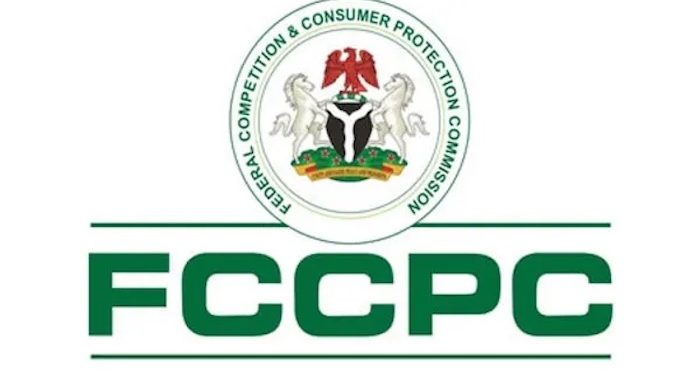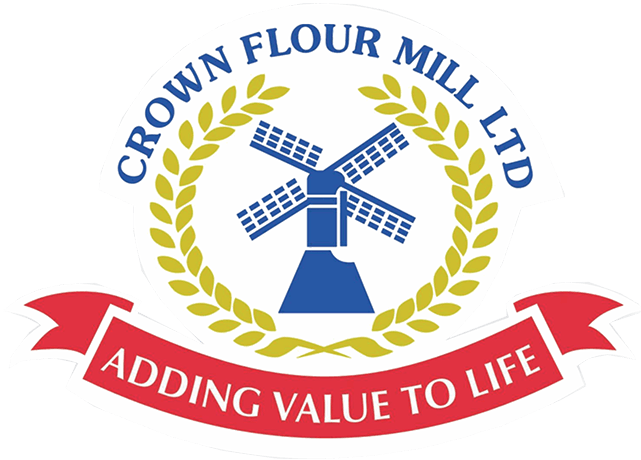The Federal Competition and Consumer Protection Commission (FCCPC) has raised alarm over the influx of substandard and unregistered sugar products in Nigerian markets, primarily smuggled from Brazil. These low-quality products not only pose serious health risks but also threaten the competitiveness of local sugar producers.
In a statement on Wednesday, FCCPC’s Director of Corporate Affairs, Ondaje Ijagwu, identified several brands, including Grupo Moreno, Terous, USI S.Joao, Alvean, and Arapora Bionergia, as failing to meet health and safety standards. These brands lack the mandatory Vitamin A fortification required by Nigerian regulations, putting consumers at risk of blindness and other health complications.
“These products, which failed to meet mandatory Vitamin A fortification requirements, pose serious health risks to consumers, undermine the integrity of the local sugar industry, and contribute to price manipulation that harms the market,” Ijagwu stated.
Unlabelled Products and Safety Concerns
FCCPC investigations in regions such as the South-West and North-East uncovered that the smuggled sugar brands lacked essential labelling, including production and expiry dates, batch numbers, and the National Agency for Food and Drug Administration and Control (NAFDAC) registration numbers. The absence of these indicators suggests the products have not undergone safety testing, further endangering consumers.
Vitamin A deficiency, according to Ijagwu, is particularly harmful to children and pregnant women, increasing vulnerability to infections and severe health issues.
Economic Impact of Sugar Smuggling
The FCCPC highlighted that sugar smuggling, facilitated by porous borders from neighbouring countries like Cameroon and Benin Republic, undermines fair competition in the market. Local producers who adhere to regulatory standards are at a disadvantage due to the influx of illicit, low-cost sugar.
To address the issue, the FCCPC is intensifying enforcement efforts and urges consumers to stay vigilant. Suspicious or substandard sugar products can be reported via email at contact@fccpc.gov.ng or through the commission’s official social media platforms. The commission reassures the public of its commitment to safeguarding consumer health while ensuring fair competition in the local sugar industry.










